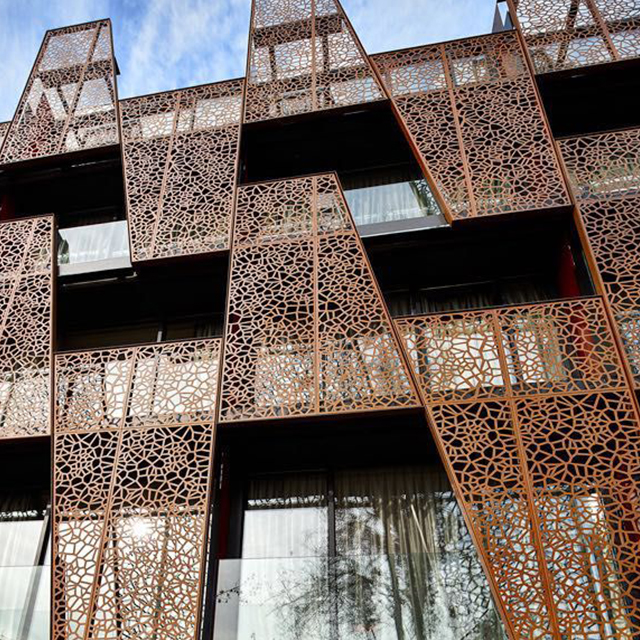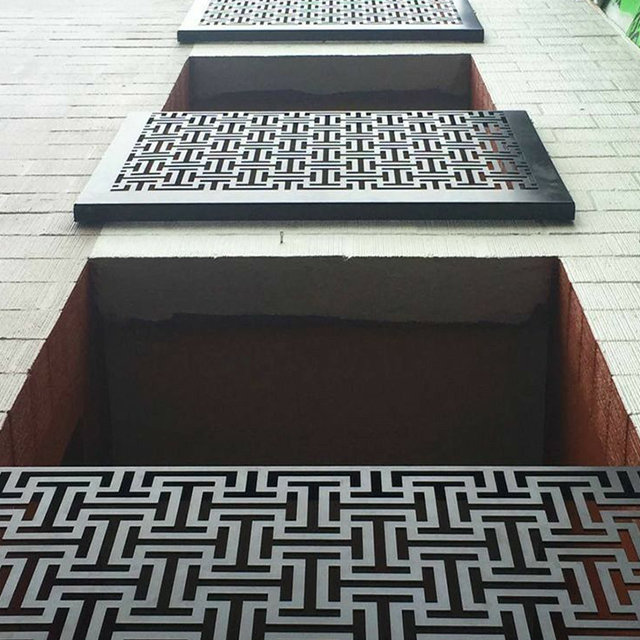In the field of construction, metal facade panels have become the preferred choice of architects. Building facades have evolved from a mere protective barrier to an attractive design element that defines the aesthetic characteristics and functionality of a building. While traditional stone facades have long been associated with elegance and grandeur, metal facade panels have become a striking alternative with numerous advantages that make them the preferred choice of modern architects, engineers and building owners.
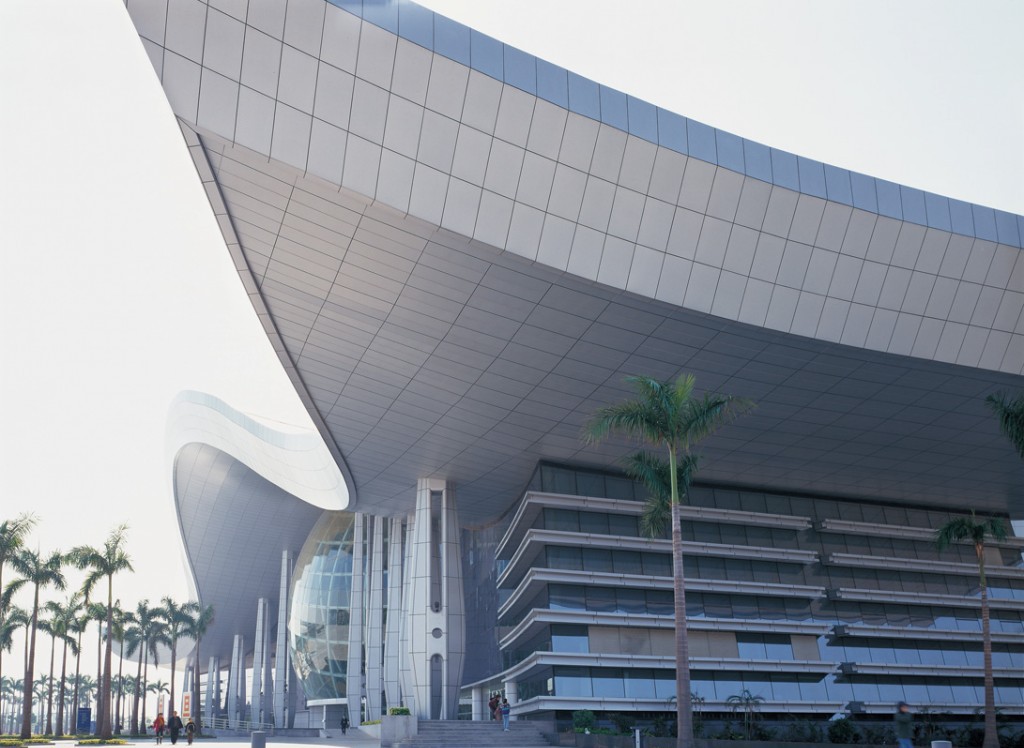
Unveiling the 9 Benefits of Metal Facade Panels
- Lightweight Construction: Metal facade panels, typically composed of aluminum or steel, are significantly lighter than traditional stone facades, such as granite or limestone. This lightweight construction reduces the overall weight of the building, minimizing structural requirements and potentially leading to cost savings in foundation and framing. Additionally, a lighter facade can reduce the seismic load on the building, particularly in earthquake-prone regions.
- Enhanced Design Flexibility: Metal facade panels offer a vast array of aesthetic options, with a wide range of colors, finishes, and textures to complement diverse architectural styles. Unlike stone, which is limited in its natural variations, metal panels can be manipulated and shaped into intricate designs, curves, and three-dimensional forms, empowering architects to create visually striking and unique facades.
- Superior Durability and Longevity: Metal facade panels are renowned for their exceptional durability, withstanding harsh weather conditions, corrosion, UV radiation, and extreme temperatures. This resilience translates into long-lasting facades that require minimal maintenance, ensuring the building’s exterior retains its aesthetic appeal and structural integrity for decades. Unlike stone, which can crack, chip, or fade over time, metal panels provide a lasting and low-maintenance solution.
- Cost-Effectiveness: While the initial upfront cost of metal facade panels may be comparable to stone, their long-term cost-effectiveness becomes evident over time. The exceptional durability of metal panels minimizes the need for frequent repairs and replacements, reducing overall maintenance expenses. Additionally, the lightweight nature of metal panels can lead to cost savings in structural support and framing.
- Energy Efficiency: Metal facade panels can contribute to a building’s energy efficiency by incorporating insulation materials within the panel structure. This insulation helps regulate interior temperatures, reducing energy consumption and lowering heating and cooling costs, particularly in extreme climates. Additionally, metal panels can be integrated with reflective coatings to minimize solar heat gain, further enhancing energy performance.
- Ease of Installation and Maintenance: Metal facade panels are typically prefabricated and modular, streamlining the installation process and reducing construction time. This can lead to cost savings and project completion within shorter timelines, particularly for large-scale projects. Additionally, the smooth, non-porous surfaces of metal panels make them easy to clean and maintain, reducing long-term maintenance costs.
- Sustainability and Environmental Stewardship: Metal facade panels are composed of recyclable materials, aligning with environmentally conscious building practices. Their long lifespan further reduces their environmental impact, as it minimizes the need for frequent replacements and associated waste generation. Additionally, metal panels can be manufactured using energy-efficient processes, further contributing to their sustainability credentials.
- Fire Resistance: Metal facade panels can be designed to meet stringent fire safety standards, providing a protective barrier against fire and smoke penetration. This fire resistance is crucial for ensuring the safety of occupants and the integrity of buildings, especially in high-rise structures or those with high fire hazard occupancy. Metal panels, particularly those made of aluminum or steel, offer inherent fire resistance properties.
- Versatility in Applications: Metal facade panels can be effectively employed in a wide range of structures, from commercial buildings and retail stores to residential properties and public institutions. Their versatility extends to diverse architectural styles, from modern and contemporary to traditional and historical. Metal panels can seamlessly integrate with various building materials, such as concrete, brick, and wood, providing design flexibility and adaptability.
-
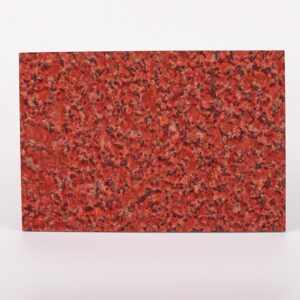 Acm Composite Panels For Building Facades Affordable
Acm Composite Panels For Building Facades Affordable -
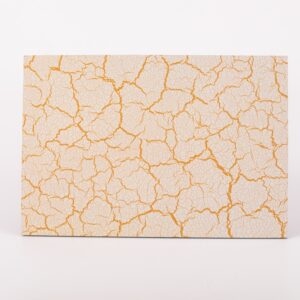 Acm Aluminum Wall Panels For Building Facades Affordable
Acm Aluminum Wall Panels For Building Facades Affordable -
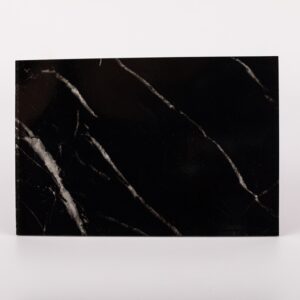 Aluminum Composite Panel Cladding Wall Panels For Building Facades Affordable
Aluminum Composite Panel Cladding Wall Panels For Building Facades Affordable -
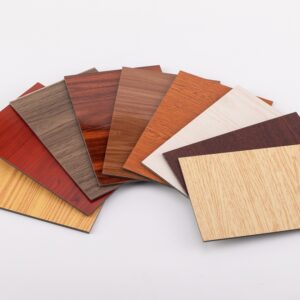 Acm Panel Suppliers Wall Panels For Building Facades Affordable
Acm Panel Suppliers Wall Panels For Building Facades Affordable -
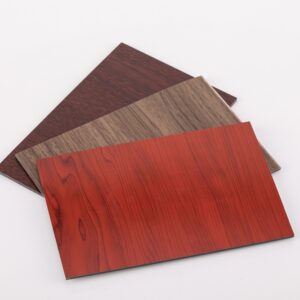 Aluminum Composite Metal Wall Panels For Building Facades Affordable
Aluminum Composite Metal Wall Panels For Building Facades Affordable -
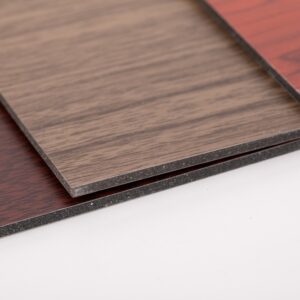 Acm Aluminum Composite Wall Panels For Building Facades Affordable
Acm Aluminum Composite Wall Panels For Building Facades Affordable -
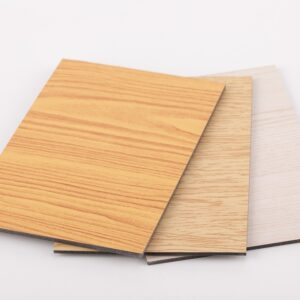 Aluminium Composite Material Wall Panels For Building Facades Affordable
Aluminium Composite Material Wall Panels For Building Facades Affordable -
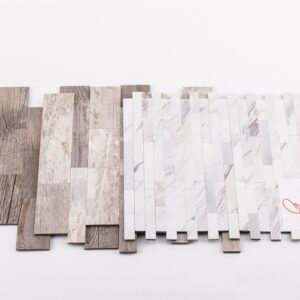 Aluminium Board Panel Wall Panels For Building Facades Affordable
Aluminium Board Panel Wall Panels For Building Facades Affordable -
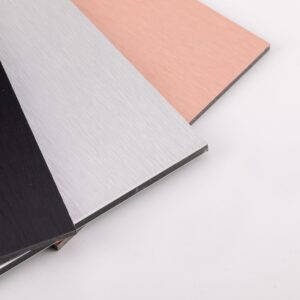 Aluminium Composite Sheets Wall Panels For Building Facades Affordable
Aluminium Composite Sheets Wall Panels For Building Facades Affordable -
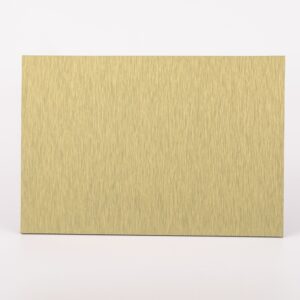 Acm Metal Panel Wall Panels For Building Facades Affordable
Acm Metal Panel Wall Panels For Building Facades Affordable -
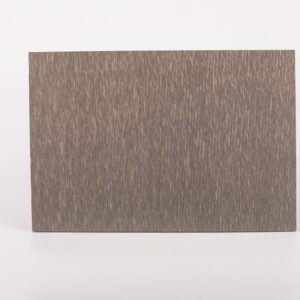 Aluminium Composite Board Wall Panels For Building Facades Affordable
Aluminium Composite Board Wall Panels For Building Facades Affordable -
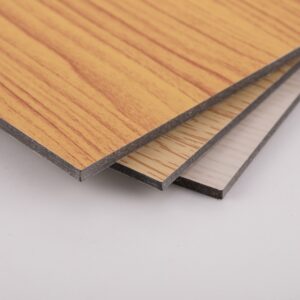 Aluminium Composite Cladding Wall Panels For Building Facades Affordable
Aluminium Composite Cladding Wall Panels For Building Facades Affordable
Conclusion
Metal facade panels have revolutionized the construction industry, becoming a frontrunner for cladding solutions in modern architecture. Their lightweight construction, enhanced design flexibility, superior durability, cost-effectiveness, energy efficiency, ease of installation and maintenance, sustainability, fire resistance, and versatility in applications make them a compelling choice for a wide range of structures. As the demand for sustainable, durable, and aesthetically pleasing building solutions continues to grow, metal facade panels are poised to play an even more prominent role in shaping the exteriors of modern structures.
